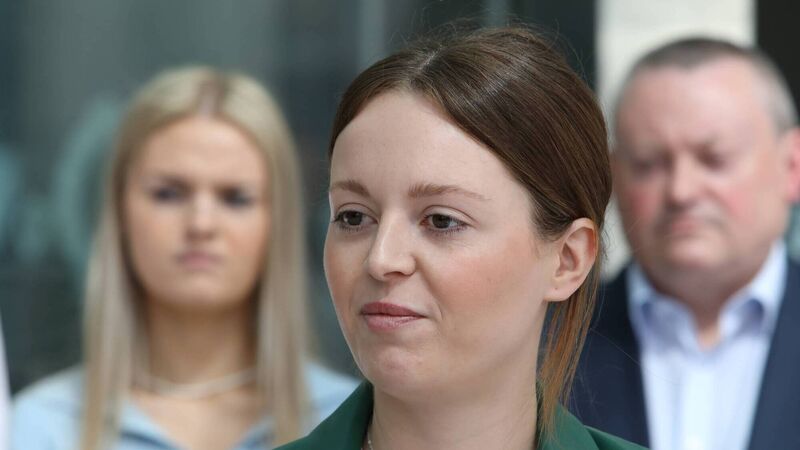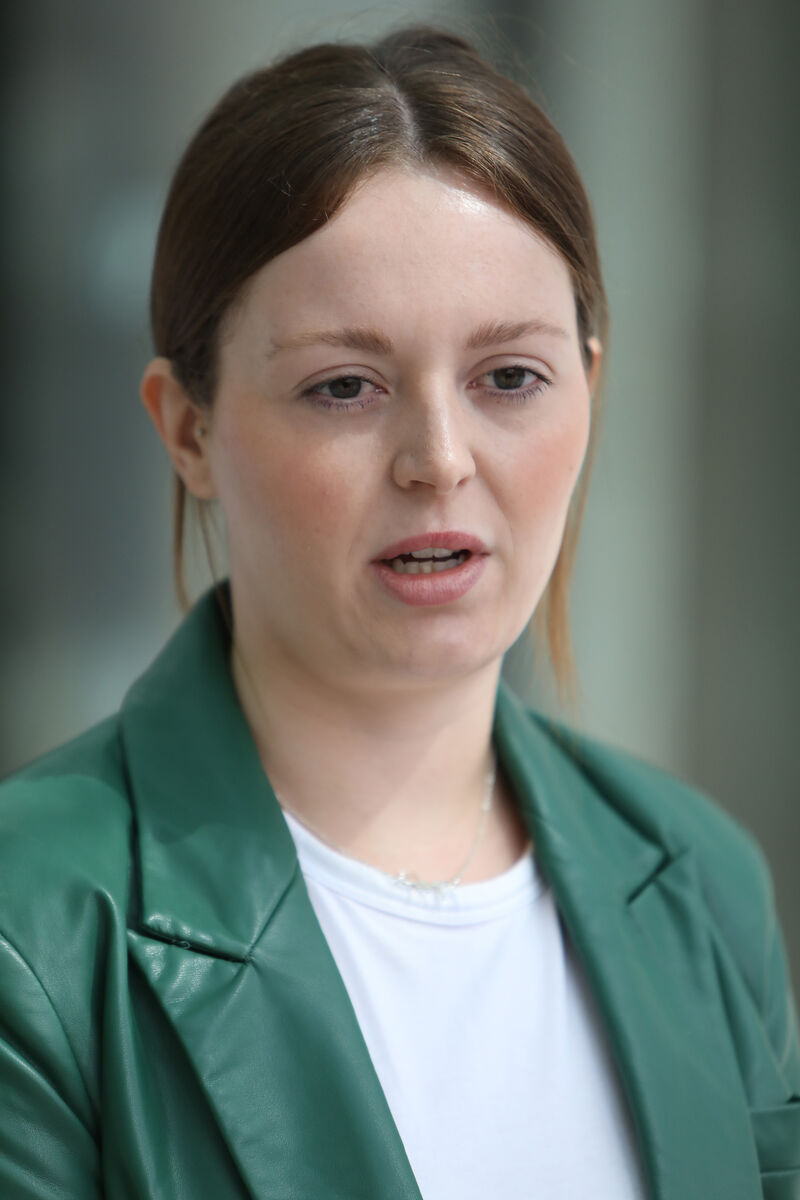Michelle McGlynn: Ciara Mangan’s experience is not unique — we need to tackle rape culture

The revelation of how Ciara was treated by her colleagues was met with disgust from the public. File picture: Courtpix
Shane Noonan is a rapist. It is thanks to the courage of Ciara Mangan that we know this today.
Ciara's co-workers at a fast food restaurant in Co. Mayo knew this a decade ago when Ciara, then 18, was raped at a house party on May 11, 2013. They knew and they used this fact not to offer Ciara comfort and support in the aftermath but to torment and humiliate her.
The day after Noonan raped her, Ciara went to work and found that it was "common knowledge among everybody" that the rape had occurred. This is when the abuse began.
"I wouldn't wish that revictimisation on anyone," she said outside the court after Noonan was jailed for seven years. "I want those who did this to me, along with those who stood by and did nothing, to know that you too participated in destroying me and, in a way, you are guilty too."
In her victim impact statement, Ciara said that the torment directly contributed to her not reporting the rape to Gardaí sooner than she did. She said she began to doubt herself “because colleagues found it funny and a source of entertainment”.
As a teen, there was an incident with a boy I knew from school. I, thankfully, managed to de-escalate it before it became too serious.
On my way home, shaken and scared and confused, I called a close friend to tell her what happened. She laughed. She made joking comments about it and there was an undertone of annoyance as she had a crush on the boy in question.
I knew what happened was wrong. I knew how badly it could have ended for me. But when my first port of call for comfort and vindication of my feelings responded like that, I immediately felt stupid.
I felt I was overreacting and like I had done something wrong. So I didn't tell anyone else at the time.
This feeling has always stayed with me though it has less and less power over me. When I have endured other experiences, my reluctance to speak about it has stemmed from the fear of a similar reaction — or a worse one.
That Ciara went through the endless abuse she did, on top of the trauma of the rape itself, and still found the strength to report it and go to court is something I will always be in awe of. The revelation of how Ciara was treated by her colleagues was met with disgust from the public.
But a decade later, has society changed?
'Rape jokes' are still being told in 2023. There are still people who laugh at them and more still who let them go unchallenged.
"It's just a joke" doesn't wash anymore. Not when the 'joke' normalises and de-sensitises people to the horrors of sexual assault and rape.
I hear young people throwing the word rape around like it means nothing, teenage boys saying "I'd rape her" when talking about someone they find attractive.

This is what we are telling our young people is okay. It is this type of attitude that led to Ciara's colleagues finding entertainment and amusement in her rape.
"They didn't rate it as harmful. They didn't rate it the same as if someone had smashed her face in," said CEO of Dublin Rape Crisis Centre, Noeline Blackwell.
"They didn't rate it as something that was beyond the pale. They didn't rate rape as a wrong or harmful activity."
Asking herself could the same thing happen today, Ms Blackwell said: "I had to conclude that from what we hear here that, in fact, it could."
This type of pack instinct is common in the workplace where one person will instigate harassment or abuse and it is then approved by others who joined in.
"We see it in all the reports that have come out from the arts sector, from the legal profession, from the Defence Forces, where you can have a culture where sexual harassment is considered nearly a rite of passage," said Ms Blackwell.
If we want to create a better society then we need to call out this behaviour when we witness it, she said. At the very least, people should remove themselves from a situation where harassment or abuse of this nature is happening and make sure that the person being targetted is protected.
No one did that for Ciara in her workplace. It was with the help and support of family, friends and the rape crisis centre that she was able to stand up to her rapist and to the bullies who made her life feel like "absolute hell on earth".
Ciara made the decision to waive her anonymity, inspired by those who have done so before her. Explaining her decision, she said: "We are not just a victim without a name. We are human beings.
Ciara's words and those of other survivors will help other people who have been abused or raped. These people will draw strength, comfort and hope from their words because our words have power.
In the same way, every rape 'joke' told, laughed at and unchallenged will make a survivor feel revictimized, ashamed, humiliated, alone and hopeless.
Your 'joke' could well be the reason a person does not report or confide in someone what has been done to them. It will linger in their mind for far longer than you will ever know.





